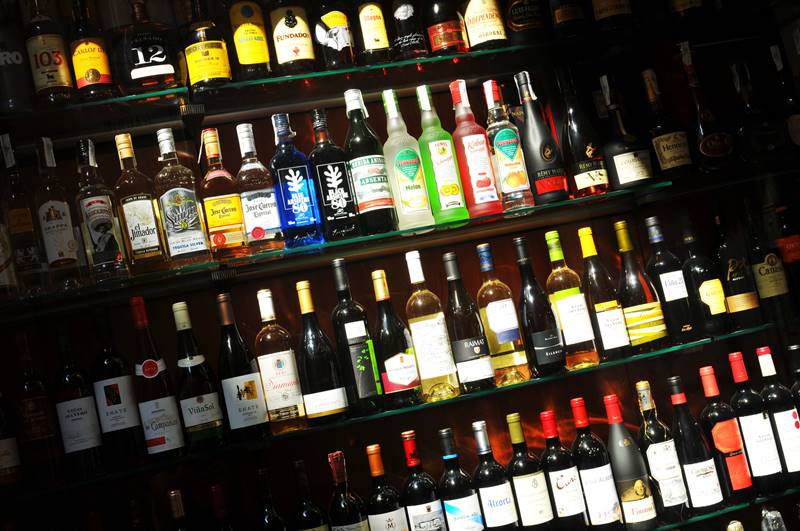No More Secrets: Alcohol Labels Updated
Historic EU change in labeling requirements aims to empower consumers with more information
2024-12-27

The historic end of the exemption for alcoholic beverages from standard labeling requirements marks a critical step toward improving transparency and empowering consumers. For decades, alcoholic drinks were not subject to the same rules as other food and beverage products regarding ingredient lists and nutritional information. This discrepancy left consumers with limited information about the composition and caloric content of these beverages. However, new regulations, implemented in December 2023, now require wine producers to include detailed labeling, signaling a broader industry shift toward greater transparency.
Labeling regulations aim to provide consumers with clear, accessible information to make informed decisions about what they consume. While this has long been the case for food and non-alcoholic drinks, alcoholic beverages were a notable exception. The push for change began in earnest in 2017 when the European Commission published a report highlighting the lack of transparency in the alcoholic beverages sector. The report urged the industry to address this gap and proposed that companies develop self-regulation frameworks to introduce ingredient lists and nutritional labeling voluntarily.
In response, the beer and spirits sectors embraced self-regulation as a way to align with evolving consumer expectations. Although beer is considered a food product, current regulations only require the alcohol content to be displayed if it exceeds 1.2%. Comprehensive labeling of ingredients and nutritional information remains optional. However, major beer producers in Europe have voluntarily adopted stricter labeling standards, signaling their commitment to transparency. Similarly, the spirits industry took significant steps when Spirits Europe signed a voluntary agreement in 2019 to provide nutritional and ingredient information. Since May 2023, this commitment has been gradually reflected in new product labels, demonstrating progress in self-regulation.
The wine sector, however, presents unique challenges. The European wine industry is characterized by small-scale producers, many of which are family-run operations. For these businesses, voluntary compliance with new labeling standards is not only logistically complex but also financially burdensome. Recognizing these difficulties, the European Union opted to enforce mandatory labeling for wine under Regulation (EU) 2021/2117, which came into effect on December 8, 2023. The regulation requires all wines produced in Europe or sold in the European market to display nutritional and ingredient information. This rule ensures uniformity and transparency, creating a level playing field across the sector.
Despite these advancements, compliance with labeling standards remains inconsistent, particularly in the beer and spirits industries, where self-regulation is still the norm. Public health advocates have called for mandatory labeling across all alcoholic beverages, citing the success of the wine sector as evidence. Since implementing mandatory labeling, wine sales in countries like Spain and Germany have shown no negative impact; in fact, sales have increased, challenging concerns that transparency might deter consumers.
To address producers' concerns about maintaining traditional label designs, the EU has permitted digital labeling through QR codes. This innovation allows producers to provide extensive product details—such as ingredients, nutritional values, and responsible consumption messages—without cluttering physical labels. Digital labeling also reduces costs for small producers and supports multilingual access, offering flexibility while enhancing traceability and accessibility.
While some health advocates argue that on-label information is more visible and effective for addressing alcohol-related health concerns, digital labeling has been widely accepted as a practical compromise. It aligns with consumer demands for transparency and the industry's need to balance tradition with modernization. The European Union sees this development as a critical step in harmonizing alcoholic beverage labeling with broader food and beverage standards, ensuring transparency, consumer awareness, and industry adaptability.
Founded in 2007, Vinetur® is a registered trademark of VGSC S.L. with a long history in the wine industry.
VGSC, S.L. with VAT number B70255591 is a spanish company legally registered in the Commercial Register of the city of Santiago de Compostela, with registration number: Bulletin 181, Reference 356049 in Volume 13, Page 107, Section 6, Sheet 45028, Entry 2.
Email: [email protected]
Headquarters and offices located in Vilagarcia de Arousa, Spain.